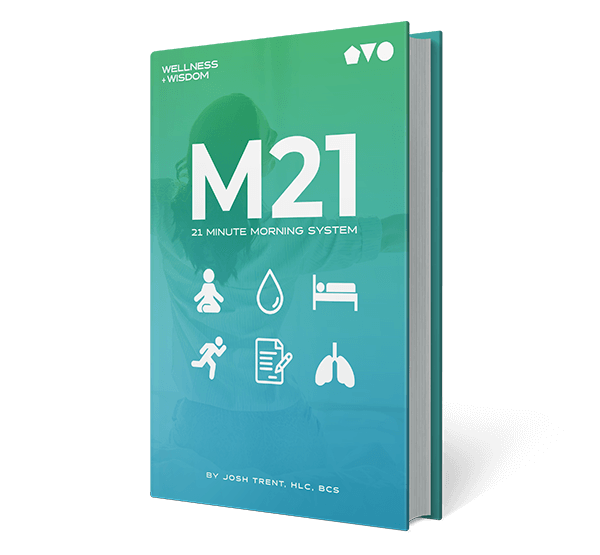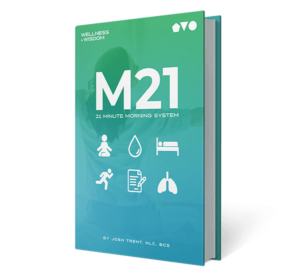 Living with arthritis pain can significantly impact your daily life and overall well-being.
Living with arthritis pain can significantly impact your daily life and overall well-being.
One of the key components of managing arthritis pain is physical therapy. Physical therapists are trained professionals who can design personalized exercise programs to improve your flexibility, and mobility, and reduce pain.
By incorporating targeted exercises and stretches into your daily routine, you can strengthen your joints and muscles, leading to improved functionality and reduced pain.
A consultation with a pain management specialist can also help you determine the best course of action for your unique circumstances. Pain management specialists have in-depth knowledge and expertise in diagnosing and treating pain conditions, including arthritis.
They can provide a comprehensive evaluation and recommend a tailored treatment plan that may include medication, injections, or alternative therapies.
If you're ready to take the first step towards managing your arthritis pain, consider booking an appointment with Complete Wellness.
Complete Wellness is a trusted provider of pain management services, offering a range of treatments and therapies to address chronic pain effectively. Their team of experienced professionals is dedicated to helping individuals like you find relief and improve their quality of life.
By exploring different pain management techniques, incorporating physical therapy into your routine, and seeking personalized care from a pain management specialist, you can take control of your arthritis pain and experience a better quality of life.
This article, we will delve deeper into natural pain management options and medications for arthritis.
Table of Contents
Natural Pain Management for Arthritis
Managing arthritis pain often involves a combination of natural and medical approaches. Many people find relief from natural remedies, which can be used alongside medications or as an alternative treatment option.
Exercise: Low-impact exercises like walking, swimming, and yoga can help improve joint flexibility, strengthen surrounding muscles, and reduce stiffness. Regular exercise also promotes better sleep, which can aid in pain management.
Heat and Cold Therapy: Applying heat pads or taking warm baths can increase blood flow and relax muscles, reducing arthritis pain and stiffness. Conversely, cold packs or ice massages can help alleviate inflammation and numb pain in affected areas.
Weight Management: Maintaining a healthy weight can reduce the stress on weight-bearing joints, such as knees and hips, potentially alleviating arthritis pain.
Dietary Supplements: Some supplements, like glucosamine, chondroitin, and curcumin (found in turmeric), are believed to have anti-inflammatory properties and may help reduce arthritis symptoms. However, it's essential to consult a healthcare professional before starting any new supplement regimen.
Mind-Body Therapies: Practices like meditation, deep breathing exercises, and cognitive-behavioral therapy can help manage stress and improve coping mechanisms, which can indirectly reduce the perception of pain.
Medications for Arthritis Pain Management
While natural remedies can be effective for some individuals, more severe or chronic arthritis pain may require medication. Common medications used for arthritis pain management include:
Over-the-Counter (OTC) Medications: Nonsteroidal anti-inflammatory drugs (NSAIDs) like ibuprofen, naproxen, and acetaminophen can provide relief from mild to moderate arthritis pain. However, long-term use of NSAIDs should be discussed with a healthcare professional due to potential side effects.
Prescription Medications: For more severe cases, prescription medications like corticosteroids, disease-modifying antirheumatic drugs (DMARDs), or biologic response modifiers may be recommended to reduce inflammation and slow the progression of the disease.
Topical Treatments: Creams, gels, or ointments containing ingredients like capsaicin, salicylates, or NSAIDs can be applied directly to the affected joints for localized pain relief.
Injectable Medications: Corticosteroid injections or other injectable medications may be used to provide targeted relief for specific joints or areas of severe inflammation.
It's crucial to work closely with a healthcare professional, such as a rheumatologist or pain management specialist, to determine the most appropriate and effective treatment plan. They can help balance the benefits and potential risks of different medications, considering your circumstances and medical history.
Conclusion
 Effective pain management is essential for individuals suffering from arthritis pain to improve their quality of life. By implementing various pain management techniques and seeking appropriate treatments, chronic pain can be relieved, allowing individuals to regain control over their lives.
Effective pain management is essential for individuals suffering from arthritis pain to improve their quality of life. By implementing various pain management techniques and seeking appropriate treatments, chronic pain can be relieved, allowing individuals to regain control over their lives.
Incorporating physical therapy into your pain management routine can help improve flexibility, strength, and overall functionality, reducing arthritis pain and promoting better mobility.
Furthermore, natural pain management alternatives such as hot/cold therapy, acupuncture, and herbal medicines can be used in conjunction with conventional treatments to provide additional relief.
Consultation with a pain management specialist is essential for tailored care. They can assess your health, develop a personalized treatment plan, and advise you on pain management measures that are specific to your needs.
Remember that successful pain management is a continuous process, and being proactive in managing your pain is essential for obtaining long-term pain relief and improving overall well-being. Individuals can have a better quality of life free of the limits of chronic pain if they tackle it correctly and receive the necessary support.









